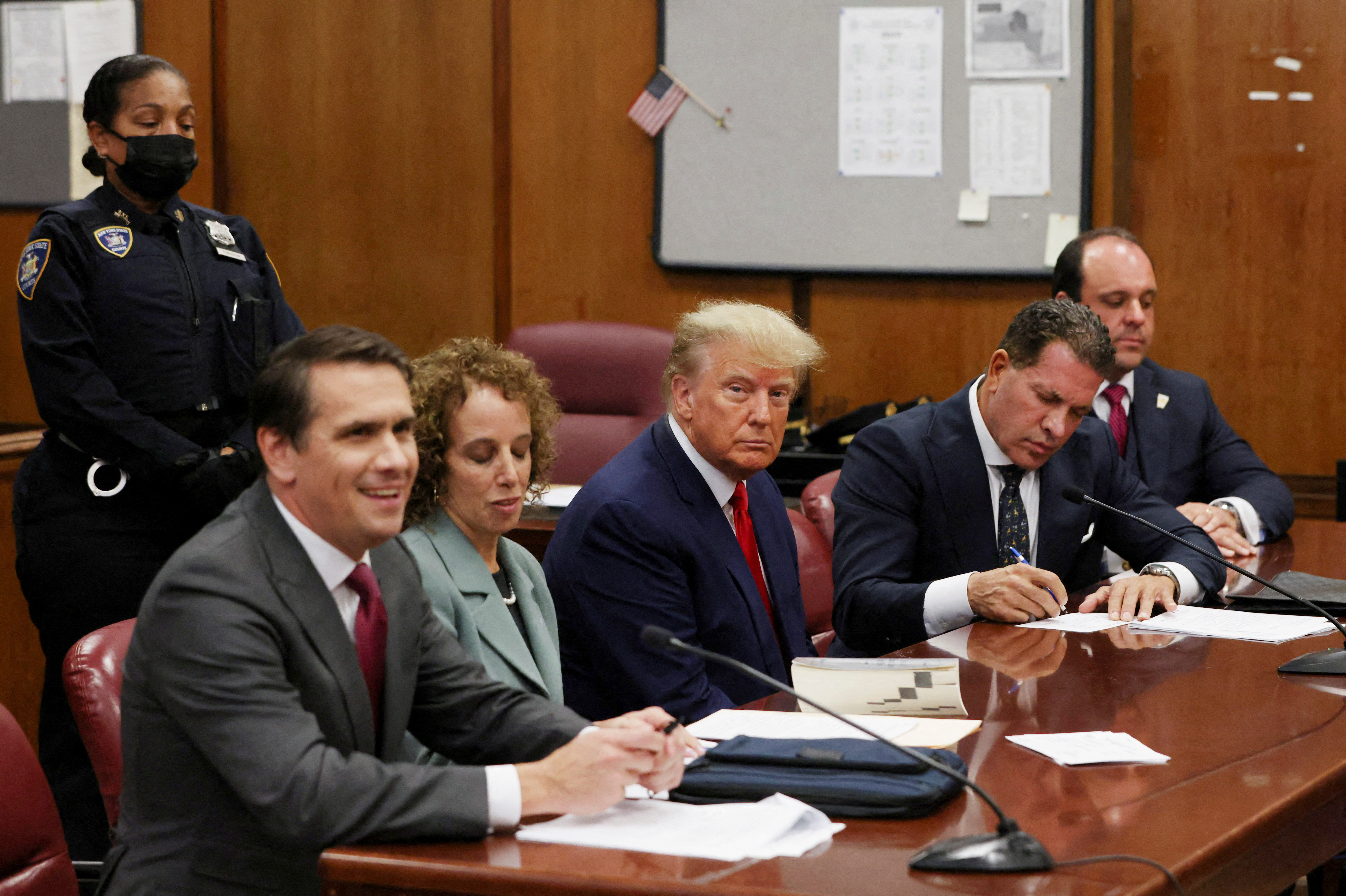A judge in New York has ordered Donald Trump to pay more than $350 million in fines for the “blatant” fraud that the real estate company that made the former US president famous and wealthy committed.
According to the reports, Trump was prohibited by Judge Arthur Engoron from doing business in the state for three years. During that time, he and his companies were not allowed to seek loans from financial institutions registered with the New York regulator. But Engoron overturned a previous ruling that had mandated the liquidation of the former president’s current companies.
What Trump is made restricted of?
A $355 million fine was imposed on Trump and his business, The Trump Organization, which makes up the lion’s share of the $364 million in penalties associated with the case. His two adult sons, Donald Jr. and Eric were each forced to pay over $4 million and prohibited from conducting business in the state of New York for two years.
The former chief financial officer of the Trump Organization who is Allen Weisselberg, was sentenced to prison for tax evasion and was later forced to pay an additional $1 million.
Letitia James, the attorney general of New York, stated following the ruling that the entire amount of fines, including interest, might surpass $450 million.

With many legal lawsuits against him, Trump is preparing for a potential bid for the presidency, and this ruling deals him yet another severe blow. Apart from the civil lawsuit that severely damaged his economic interests, he is now facing indictments in four other criminal cases.
Trump criticized the choice in remarks made outside of his Florida resort, Mar-a-Lago. “Everything boils down to [Joe] Biden,” he remarked, alluding to the US president with whom he would most likely square off in the 2024 race. “This is a witch hunt unlike anything this nation has ever seen against his political opponent. Third-world nations, or banana republics, are examples of it.
What New York Attorney General’s team present against Trump?
After a contentious, weeks-long civil fraud trial, in which the New York attorney general’s team presented evidence of the Trumps’ massive overstatement of the worth of their homes, offices, hotels, and golf courses by hundreds of millions of dollars, Engoron rendered his decision. The court determined that among other advantages, doing so had enabled them to get loans from companies like Deutsche Bank on more favorable conditions.
The lawsuit filed by the attorney general was a clear assault on the image that billionaire businessman with Midas touch Trump had built up over many years. Rather, James’s attorneys said that he would pressure subordinates to inflate property values in order to climb the Forbes billionaires list each year.

Throughout the nonjury trial, Trump was frequently in the courtroom. He made a confrontational and erratic speech to the court, claiming his net worth had, if anything, been overstated throughout the years and noting that his lenders had been paid back in full and on time, meaning there were no victims.
In their testimony, Trump, Donald Jr., and Eric all acknowledged that they had relied on the professional judgment of their outside accountants to approve financial papers. The former president denounced Democratic Congressman James and described the lawsuit as a politically driven witch hunt.
Trump said he “severely compromised his credibility,” according to Engoron, by frequently declining to provide a straight response to queries. Engoron noted that instead of expressing sorrow for the overvaluation of his properties, Trump stated during his testimony that he thought his accountants had “underestimated” the value of Mar-a-Lago, claiming it was worth up to $1.5 billion.












Comments 1